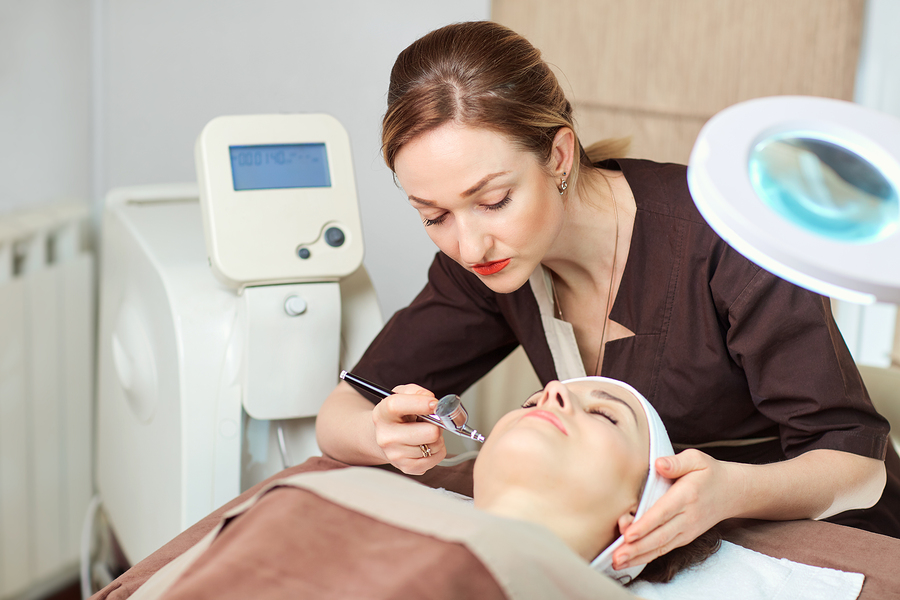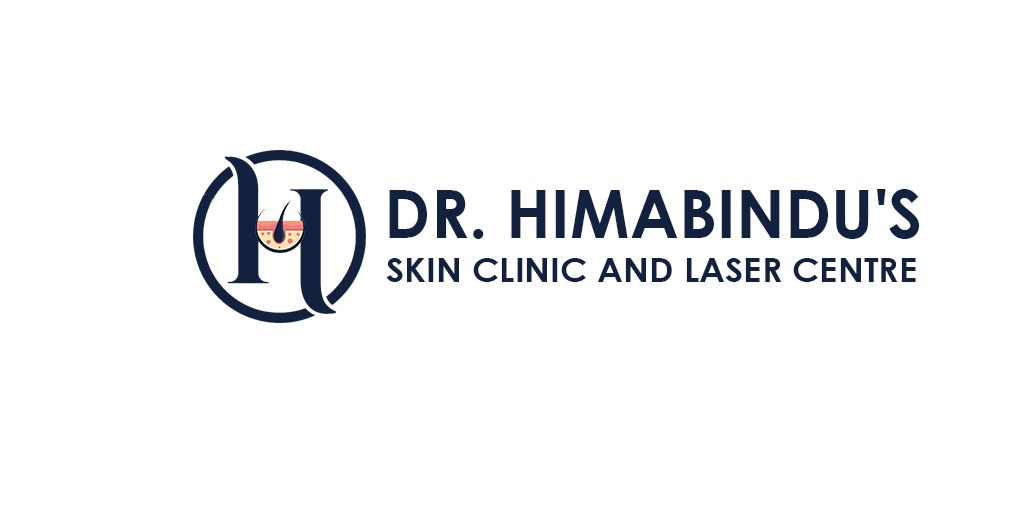Chemical Peels
Chemical Peels

Acne
Chemical peels can be beneficial for individuals with acne-prone skin. They can help in treating acne and improving the overall appearance of the skin by exfoliating the outer layer and promoting skin regeneration. Chemical peels can be used to address different aspects of acne, including:
Unclogging pores: Chemical peels containing salicylic acid or glycolic acid can penetrate the pores, helping to remove excess oil and debris, which can lead to clogged pores and acne breakouts.
Reducing inflammation: Peels with anti-inflammatory properties can help soothe irritated skin and reduce redness associated with active acne lesions.
Improving acne scars: In some cases, certain types of chemical peels can help improve the appearance of mild acne scars by promoting collagen production and skin remodeling.

Anti Ageing
Anti-aging refers to measures and practices aimed at slowing down the effects of aging and maintaining a youthful appearance. While aging is a natural process, there are various factors that contribute to skin aging, including genetics, lifestyle choices, and environmental factors. Some common signs of aging include wrinkles, fine lines, loss of skin elasticity, age spots, and dullness.
Here are some common anti-aging strategies:
Skincare: Using a good skincare routine with products that contain antioxidants, retinoids, and hyaluronic acid can help nourish and protect the skin, reducing the signs of aging.
Sun protection: One of the most significant contributors to premature aging is sun exposure. Using sunscreen daily, wearing protective clothing, and seeking shade can help protect the skin from harmful UV rays.
Healthy lifestyle: Eating a balanced diet rich in fruits, vegetables, and antioxidants, staying hydrated, getting regular exercise, and avoiding smoking and excessive alcohol consumption can have positive effects on overall health and skin appearance.
Avoiding stress: Chronic stress can accelerate the aging process. Managing stress through relaxation techniques, exercise, and hobbies can help maintain a youthful glow.
Cosmetic procedures: Some individuals may opt for cosmetic procedures like dermal fillers, Botox, chemical peels, or laser treatments to address specific signs of aging and enhance their appearance.

Pigmentation
Chemical peels can be effective in addressing pigmentation issues, such as hyperpigmentation and melasma. These conditions involve an overproduction of melanin, causing dark spots or patches on the skin. Chemical peels work by exfoliating the outer layer of the skin and promoting the growth of new, more evenly pigmented skin cells.
Here’s how chemical peels can help with pigmentation:
Exfoliation: Chemical peels remove the top layer of dead and damaged skin cells, which often contain excess pigment. This exfoliation process can help fade dark spots and even out skin tone.
Melanin reduction: Certain types of chemical peels, such as those containing alpha-hydroxy acids (AHAs) or beta-hydroxy acids (BHAs), can inhibit melanin production in the skin, leading to a reduction in hyperpigmentation.
Skin rejuvenation: The exfoliation and skin regeneration stimulated by chemical peels can improve the overall texture and appearance of the skin, making it look brighter and more youthful.
Enhanced product penetration: After a chemical peel, the skin is more receptive to topical treatments, allowing skincare products like serums and creams to penetrate more effectively and work on the pigmentation issues.

